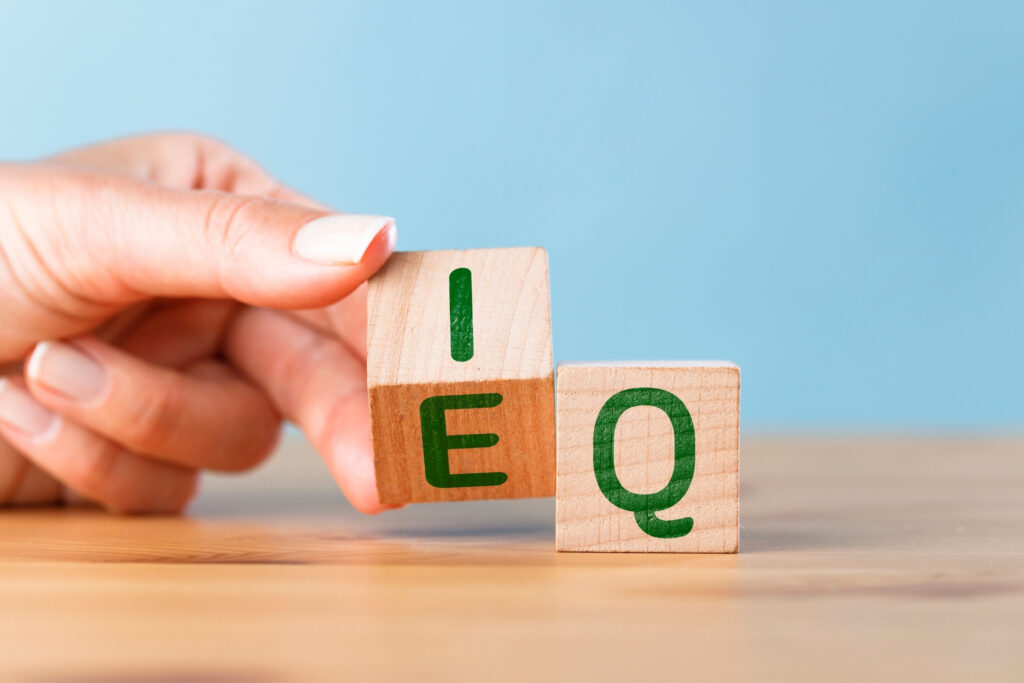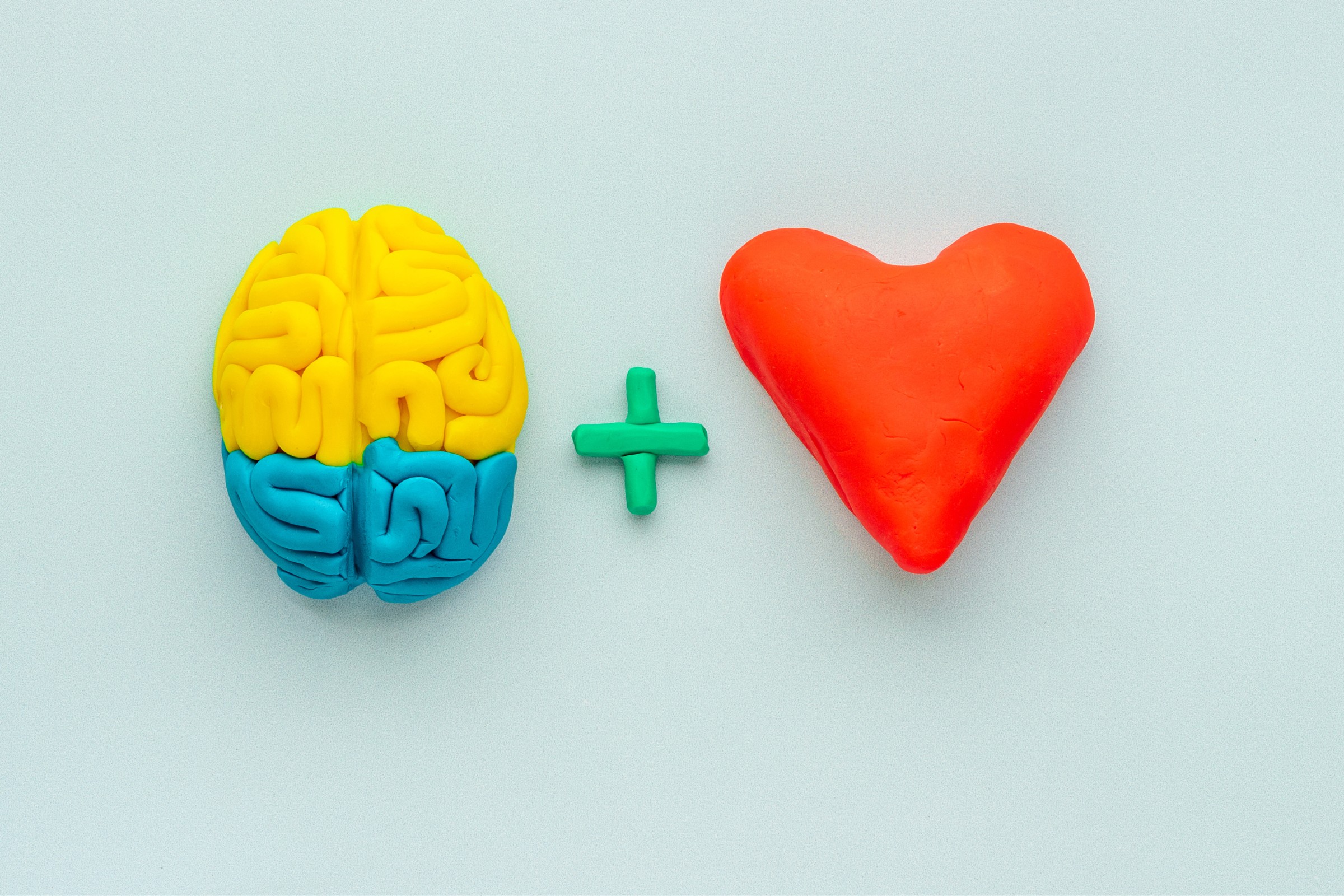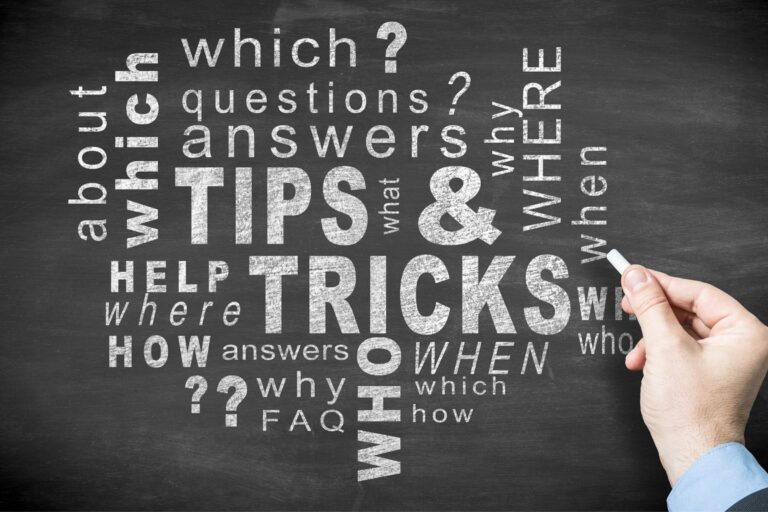Emotional Intelligence in Romantic Relationships: Strengthen Your Connection with EQ
Emotional intelligence in relationships is a powerful tool for creating deeper connections, understanding, and resilience with your partner. When you’re able to recognize, understand, and manage both your own and your partner’s emotions, you create a supportive foundation for long-term happiness. In this guide, we’ll explore key strategies to build emotional intelligence in relationships and take your connection to the next level.
What Is Emotional Intelligence and Why Is It Important in Relationships?
Emotional intelligence, or EQ, is the ability to identify, understand, and manage your emotions as well as recognize and influence the emotions of others. In romantic relationships, high emotional intelligence allows partners to communicate effectively, handle conflicts constructively, and show empathy and support. Building EQ helps couples navigate challenges together, increasing emotional resilience and satisfaction.
Develop Self-Awareness
Self-awareness is the foundation of emotional intelligence. It involves understanding your own emotional patterns, strengths, weaknesses, and triggers.
- Identify Your Emotions: Practice recognizing and labeling your emotions as they arise. Are you feeling frustrated, anxious, or content? Naming your feelings can help you manage them better.
- Reflect on Reactions: Consider why certain situations evoke specific emotions. Self-awareness in relationships can prevent unnecessary conflicts and help you communicate more effectively.
Self-awareness enables you to respond thoughtfully instead of reacting impulsively, a skill that can transform interactions with your partner.
Practice Empathy
Empathy—the ability to understand and share the feelings of another—is essential in a relationship. It helps you connect deeply and respond with compassion.

- Listen Without Judgment: When your partner expresses their feelings, listen attentively without jumping to conclusions or offering immediate solutions. Sometimes, they just need to be heard.
- Put Yourself in Their Shoes: Try to understand their perspective, even if it differs from yours. This practice can reduce conflicts and foster a stronger emotional bond.
Empathy enhances communication, creating a safe space where both partners feel valued and understood.
Manage Your Emotions Effectively
Emotional regulation, or managing your own emotions, is crucial for maintaining a balanced relationship. When emotions are left unchecked, they can lead to misunderstandings or arguments.
- Pause Before Responding: If you feel a surge of anger or frustration, take a moment to breathe before responding. This helps prevent regrettable words or actions.
- Use “I” Statements: Express how you feel without blaming your partner. For example, say, “I feel upset when…” instead of, “You always make me upset.” This reduces defensiveness and encourages understanding.

Emotional regulation enables you to respond thoughtfully and maintain a calm, respectful dialogue.
Communicate Openly and Honestly
Open and honest communication is the backbone of emotional intelligence in relationships. Being able to share your thoughts and feelings without fear promotes trust and intimacy.
- Share Your Feelings: Don’t keep emotions bottled up. Expressing them calmly and honestly can prevent misunderstandings and build trust.
- Encourage Open Dialogue: Create a habit of regular check-ins where both of you can discuss how you’re feeling. This promotes a transparent, emotionally supportive environment.
Clear communication fosters a deep emotional connection and encourages both partners to be open and authentic.

Develop Conflict Resolution Skills
Conflict is inevitable in any relationship, but emotionally intelligent couples handle it constructively rather than allowing it to escalate.
- Focus on Solutions, Not Blame: When conflicts arise, concentrate on finding a solution together rather than pointing fingers.
- Practice Active Listening: During disagreements, listen actively to your partner’s perspective before responding. Validate their feelings and avoid interrupting.
Conflict resolution skills prevent resentment from building and make it easier to overcome challenges together.
Build Trust Through Consistency
Trust is an essential component of emotional intelligence in relationships. Building trust takes time, but consistency and reliability are key.
- Follow Through on Commitments: If you say you’ll do something, make sure you do it. Consistency builds trust and shows that you are reliable.
- Be Transparent: Honesty and openness are crucial for emotional intimacy. Be truthful, even if it’s difficult, and share your feelings, thoughts, and concerns.
Trust strengthens the foundation of your relationship, allowing both partners to feel secure and supported.
Practice Patience and Understanding
Emotional intelligence in relationships often requires patience. Not every issue will be resolved immediately, and not every conversation will go as planned.

- Be Patient with Growth: Both you and your partner are learning and growing together. Understand that changes in behavior and communication take time.
- Practice Kindness: Approach each situation with kindness and compassion. If either of you makes a mistake, be understanding and avoid harsh criticism.
Patience and understanding contribute to a stable, nurturing relationship.
Celebrate Each Other’s Successes
Emotionally intelligent couples support each other’s achievements and celebrate successes, big or small. This shows your partner that you’re invested in their happiness.
- Acknowledge Accomplishments: Show genuine enthusiasm when your partner achieves something they care about.
- Avoid Comparison: Celebrate their success without feeling competitive or comparing achievements. Healthy relationships thrive on mutual support.
Celebrating each other’s wins creates a positive, uplifting dynamic that strengthens your bond.
Be Willing to Apologize and Forgive
Apologizing and forgiving are essential to maintaining a healthy relationship. Emotional intelligence means recognizing when you’ve made a mistake and being willing to make amends.
- Apologize Sincerely: A genuine apology involves acknowledging your actions and showing empathy for your partner’s feelings.
- Practice Forgiveness: Holding onto grudges only breeds resentment. Forgive your partner and focus on moving forward together.
The ability to apologize and forgive fosters trust and shows your commitment to the relationship.

Prioritize Self-Care to Show Up Fully
Taking care of your own emotional and physical well-being is crucial for a healthy relationship. When you’re well-rested and emotionally balanced, you bring your best self to your relationship.
Set Aside “Me Time”: Engage in activities that recharge you, whether it’s reading, exercise, or a hobby.
Encourage Your Partner’s Self-Care: Support your partner’s need for self-care as well, creating a balanced, harmonious relationship.
Self-care ensures you’re emotionally available and able to meet each other’s needs.
Emotional Intelligence is Key to Lasting Love
Emotional intelligence in relationships is about more than just being aware of your feelings; it’s about using that awareness to build a stronger, more resilient partnership. By practicing empathy, managing emotions, communicating openly, and supporting each other’s growth, you can create a fulfilling, lasting relationship. Relationships require effort, but emotional intelligence makes the journey both rewarding and enriching.
How to Be Emotionally Intelligent in Romantic Relationships
Why is emotional intelligence important in a relationship?
Emotional intelligence helps couples communicate effectively, handle conflicts with empathy, and build a stronger, more resilient partnership.
How can I improve my emotional intelligence in relationships?
Focus on self-awareness, empathy, effective communication, and emotional regulation. Practicing these skills daily can boost your emotional intelligence.
What are some signs of emotional intelligence in relationships?
Signs include active listening, open communication, trust, empathy, and the ability to resolve conflicts constructively.
Can emotional intelligence help resolve conflicts in a relationship?
Yes, emotionally intelligent individuals are better at managing emotions and finding solutions, which makes conflict resolution easier and more constructive.
How does emotional intelligence contribute to relationship satisfaction?
High EQ promotes understanding, empathy, and trust, creating a supportive environment where both partners feel valued and fulfilled.






